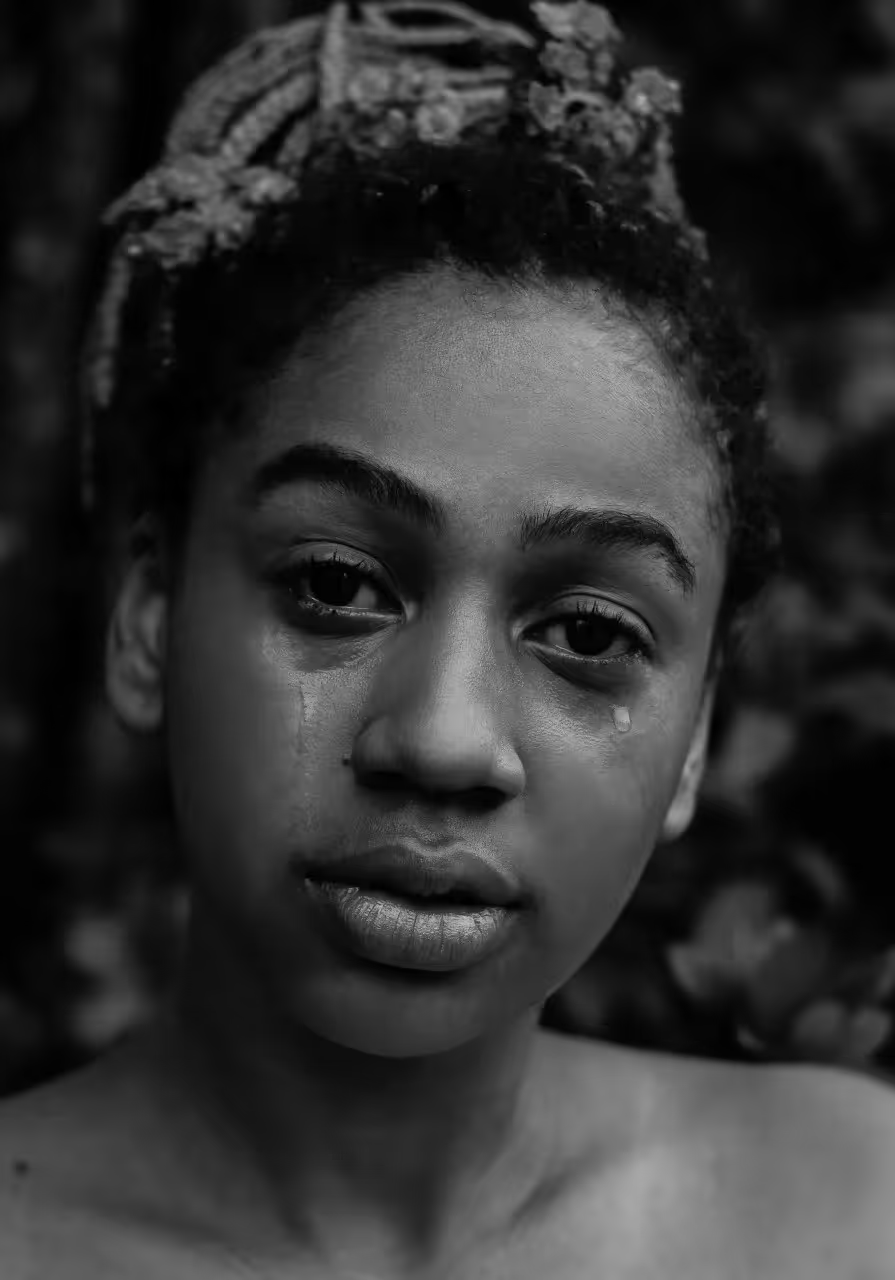Everyone on the planet goes through their battles when dealing with grief. Each one is very different from the others.Sometimes in our attempts to console...

Everyone on the planet goes through their battles when dealing with grief.
Each one is very different from the others.
Sometimes in our attempts to console grieving friends and families, we make comparisons of their grief to ones we have experienced or seen others do.
This is mostly not received well by the person grieving for many reasons.
One of the reasons why you should not compare grief is because grief is unique to everyone and no two people experience it the same way.
Another reason is that it can show a person lacks empathy towards the people in grief.
One of the worst outcomes of comparing grief is possibly making the griever develop spite for the person who does so.
Grief therapy is advised for anyone going through grief.
There are other reasons why comparing grief is a bad idea and continuing to read will reveal them.
Grief hits people differently and people also react differently to it.
The death of a pet could send a person in just as bad of a downward spiral as the death of a parent would do to another person.
Seeing as we grieve differently to different tragedies, comparing someone's grief to that of others shows ignorance of the human condition at the very least or a serious lack of empathy at worst.
There is no objective measurement for grief.
The fact is that any damage is mostly in someone's psyche, conscious and subconscious.
Therapists will readily give examples of patients who came to them insisting recent or past grief was not the reason for problems they were experiencing only to later come to terms with the unacknowledged damage that the grief they insisted was nonexistent had been causing.
Such is the uniqueness of grief that kids raised in the same way under the same roof and by the same people can not be affected by grief in the same way.
This uniqueness across the board is a valid reason why you should not compare grief.
Empathy is the capability of identifying with or understanding the feelings or emotional condition of others.
Empathy does not mean one must always 'identify with'.
This means that one does not have to have gone through a similar experience to another person to be able to have empathy toward them.
People who have gone through grief or who are still grieving commonly say that they are left infuriated when people try to comfort them by making comparisons of their past grief to that of the person in grief.
A lot of times these things are said out of good intentions, but notwithstanding, the result is frequently pain or anger to the person in grief who can not be asked to digest comparisons.
Such comparisons result in a griever having it somewhere in their head that the person who made them is selfish and would rather make the griever's pain about themselves rather than console them in a better way.
Doing so often points to a lack of empathy.
These possible results are a good reason why you should not compare grief when dealing with grieving persons.
Just as grief is unique, so also is the way people in grief process things while they are in a vulnerable state of mind.
When someone compares the grief of someone who has suffered a tragedy to another's, it is a gamble because no one can say for sure how the griever will take it.
Reactions to such comparisons can range from instant outbursts to pained silence, confusion, irritation, disgust, spite, etc.
Some of the feelings triggered are temporary. But ones such as spite linger a bit longer in grievers for offenders who made comparisons.
Close family and friends are not exempt from this and people in grief tend to attach more weight to comparisons made by someone they are close to and who they expect to have their best interests at heart, enough to avoid causing them pain in their time of grief.
Relationships have been ruined by such. It is a time when people are vulnerable making it all the more reason why you should not compare grief when talking to a grieving person.

Comparisons involve evaluating the similarities and contrasts between things and comparisons tend to be used to put one thing above another in terms of quality or some other metric.
When grief gets compared the metric used is usually emotional pain.
Using an example to explain, a person comparing grief could say that Miss A who lost her pet tortoise should feel lucky because Mr. B lost a child.
Such a comparison hints at Mr. B's pain being comparably worse than Miss A thereby creating a hierarchy of grief in which Mr. B's pain ranks at the top.
This hierarchy does not take into account the subjectiveness of grief and pain.
Miss A's pet could have been the thing she loved most and which made dark days a bit brighter for her. The death could of such a pet could just easily push her over the edge into the muddy waters of depression.
The creation of a hierarchy belittles the grief of others and turns moments of sadness into a sort of Grief Olympics.
The thing is, grief is a painful and relentlessly cruel feeling and should only call for kindness and understanding to help with the healing process.
The futility of engaging in comparisons of grief shows upon the realization that every kind of grief involves pain of some kind.
Grief can cause a variety of physical and emotional pain.
Physical pain comes in the form of headaches, body aches, nausea, gastrointestinal problems, insomnia, other sleeping disorders, etc. Emotional pain could come as anxiety, depression, stress, a lack of focus, etc.
Grief is a pain making comparisons an insult to the fact that a person is going through pain.
Comparisons condescend on the pain of someone making it bad.
That it is bad is why you should not compare grief.
Dealing with grief is enough of a headache that should not be worsened for anyone by careless interactions.
Grief support includes being cautious of what one says or does to a person in grief.
One must watch what they say to people at such a delicate time.
Making comparisons of their grief is never a wise decision and some of the reasons for this are that it can create spite, creates a hierarchy of grief, shows a lack of empathy and recognition of the uniqueness of grief, and does not seem to take into account that all grief involves pain.
https://whatsyourgrief.com/worst-things-to-say-to-a-griever/
https://pathwayshealth.org/grief-support/is-one-type-of-grief-worse-than-another/
https://modernloss.com/grief-theres-no-comparison/
https://curahpc.com/blog/posts/view/108/why-we-shouldn%E2%80%99t-compare-grief
There is no "right" or "wrong" answer when it comes to how long grief will last in the elderly. For some people, the grieving process may last for several months or even years. For others, it may come in waves – they may have periods of intense grief followed by periods of relative calm. It's important to remember that everyone grieves in their own way and at their own pace.
It is not mandatory that all conversations revolve around the issue causing your grief but our therapists will provide guidance on how best to process the situation. You are in control of how much or little you want to share in a session, but it is important to stay open and honest with your therapist for optimal results.
Ignoring grief can exacerbate symptoms and make it more challenging to manage over time. This can result in a negative impact on your personal, professional, and social life, leading to feelings of isolation, chronic sadness, and even physical health complications.
We offer a variety of specialized services, including individual therapy, group therapy, and various therapeutic approaches such as cognitive-behavioral therapy (CBT) or psychodynamic therapy.
It's important to remember that you are allowed to grieve however you need to, and that doesn't mean you have to ruin the holidays for everyone else. If you need to take a break from holiday festivities, do so. Go for a walk, take a nap, watch a movie—whatever you need to do to take care of yourself. You can also try talking to your family about your grief ahead of time and asking for their understanding and support.
There is no set timeline for overcoming a breakup. Everyone deals with grief in their own way and on their own time. While some may be able to move forward quickly, others may take longer. Remember that it's normal to experience a range of emotions as you heal and don't rush the process.